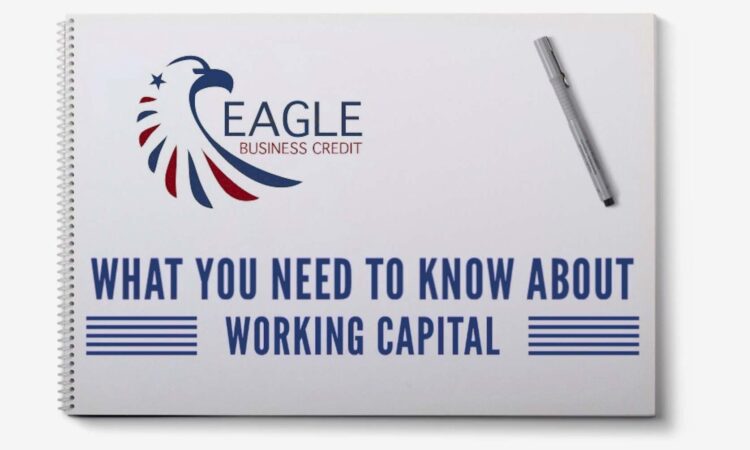Working capital is the lifeblood of small businesses. You may be making sales and growing revenue, but how does that translate into profit? This is where your working capital and ability to grow without cash flow problems can translate to profit. Having more liabilities than assets on your balance sheet can harm your business in the long run. Let’s take a look at what constitutes assets and liabilities. Here is what working capital is and how it affects your small business success.
What Is Small Business Working Capital?
Working capital is the difference between the money you are owed and the money you owe. There are different areas to look at for the money that you are owed. These include the cash on hand, the sum of your invoices to your clients, the cost of your equipment, investments, and the cost of other business expenses that have already been paid by you. All of this constitutes your small business assets. The money that owe includes: payroll, supplier costs, taxes, debt from loans, or outstanding expenses. Most businesses that sell goods or services to other companies see that about 60% of their invoices are paid late. This results in cash flow issues which also affects your available working capital.

Working capital determines your ability to continue operating your business. Having insufficient capital to cover payroll, taxes, or paying your suppliers can lead to legal trouble and the end of your business. Negative working capital can also lead to small business bankruptcy. This bankruptcy does not mean the end of the road for your entrepreneurial spirit. Traditional small business financing options like a bank loan may not be available to you, but alternative financing options like invoice factoring can fund a small business through and beyond a bankruptcy.
How Do You Calculate Working Capital?
Working capital is the sum of your assets less the sum of your liabilities. In equation form, it looks like this:
(Assets) – (Liabilities) = Working Capital

Why Is Working Capital Important?
Working capital summarizes your business health and ability to grow. When your liabilities start outnumbering your assets, your business may be in trouble. Having a financing partner that specializes in working capital funding can strengthen your cash flow and enable small business growth! Late payments to the government, employees, or suppliers will hurt your business. Whether your employees will lose motivation, the IRS files a tax lien on your business, or your suppliers end their business relationship with you over late payments, your business will suffer. Increasing your working capital is crucial to a growing business, especially when growing businesses will take on more liabilities to support growth.
Working Capital Funding:
Working capital funding for small business owners improves your cash flow while enabling business growth. There are different methods of working capital funding, but invoice factoring is the only one that is debt-free, takes on the burden of administrative processes, improves your cash flow, and requires no long-term commitment. Invoice factoring does not require a business owner to have a good personal or business credit score. Instead, factoring companies like Eagle Business Credit examine the credit score of your customers. If you do business with large companies or strong paying companies but could benefit from having faster payments on your open invoices, a factoring company is the perfect financing partner. Accounts receivable can put a hold on your cash at hand. Selling your open invoices to a factoring company for immediate payment will improve cash flow and increase your working capital.
Accounts receivable funding, another name for invoice factoring, is debt-free. That’s right. There is no debt on your balance sheet and there is no repayment to make. The money is yours. We just get it to you faster. If you need money for your business, invoice factoring provides that. Outsourcing your receivables management (monitoring and collecting invoice payments) saves you time as a business owner and generates faster payments for your goods or services.
Accounts Receivable Funding Is Working Capital Funding
Funding accounts receivable helps small businesses with cash flow problems and working capital problems. Late paying customers are not an issue. The accounts receivable funding company takes on the burden of collecting payments from your customer. Your business has the cash on hand and the increased working capital to continue making sales, hiring employees, and doing business. Rather than waiting the net terms for your customers to pay your invoices, sell your invoices to a factoring company like Eagle to grow your small business. Having available working capital is important to a small business, and invoice factoring is proven to increase your working capital and cash on hand.

